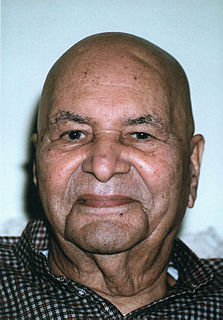A Quote by Frances McDormand
I will go to my grave being known as Marge Gunderson. It'll be on my gravestone if I have one. I don't mind that, because it was a great character.
Related Quotes
You know the known, so go a little into the unknown. The mind that is caught up in the known - extended a little beyond reason. The moment you go beyond , you move in the soul. Releasing the bondage of your mind to extend further, reach the unknown a little more. The further you go, you realize that the known is limited and the unknown is vast.
I don’t mind if the character is a small character, but I would just like her to have a journey in the film. Sometimes the characters are just there as a prop to further the man’s story. The great directors I’ve talked to, I’ve said listen, I don’t mind playing a woman that is a tiny part, but how does the story affect her? What can I play in the end that’s different from the beginning? Otherwise, it doesn’t make sense, because it’s just like being a prop.
All that you are attached to, all that you love, all that you know, someday will be gone. Knowing this, and that the world is your mind which you create, play in, and suffer from, is known as discrimination. Discriminate between the Real and the Unreal, the known is unreal and will come and go so stay with the Unknown, the Unchanging, the Truth.


































